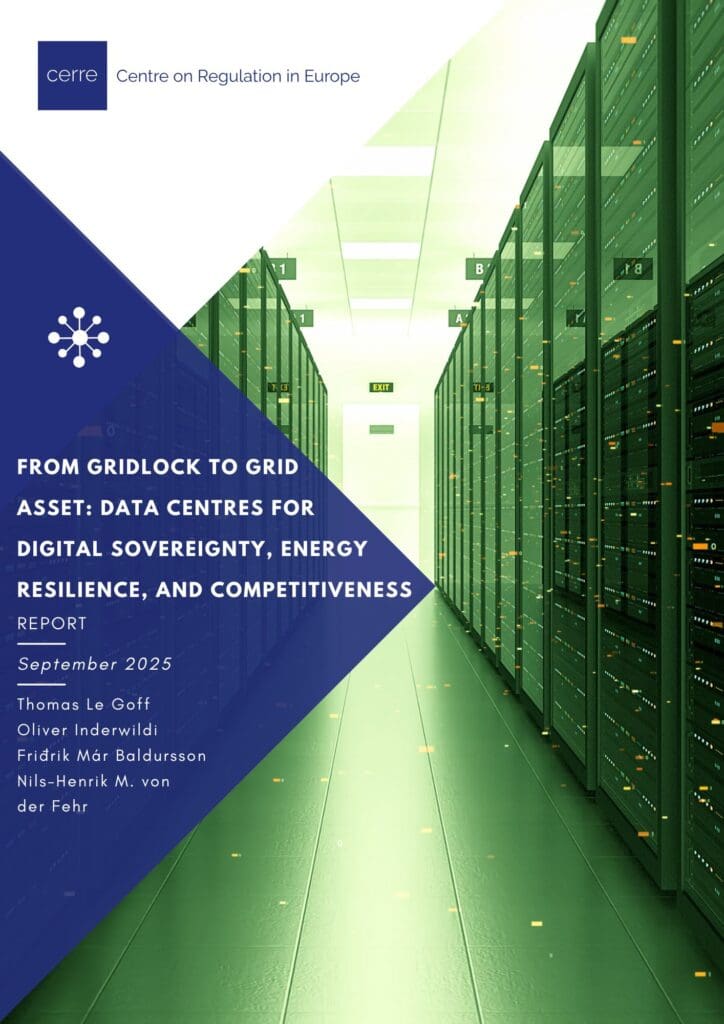Télécom Paris – Institut Polytechnique de Paris
Dr Thomas Le Goff is Assistant Professor of Law & Technology at Télécom Paris – Institut Polytechnique de Paris, where he teaches and writes about the regulation of digital technologies, data, cybersecurity and AI. His research focuses on the links between AI and sustainability, from a legal and public policy perspective. Prior to becoming an academic, he worked as an in-house legal counsel at Electricité de France (EDF), within the IP, digital and data legal department, where he was in charge of data protection and digital regulation expertise.
Dr Thomas Le Goff graduated from University Paris Cité (PhD in law and Master’s), University of Exeter (LLM) and University of Rennes 1 (LLB and Master’s). He wrote his PhD thesis on AI regulation in the energy sector, including an in-depth analysis of the AI Act and first proposals to incorporate environmental sustainability in AI regulation.
Dr Thomas Le Goff is Assistant Professor of Law & Technology at Télécom Paris – Institut Polytechnique de Paris, where he teaches and writes about the regulation of digital technologies, data, cybersecurity and AI. His research focuses on the links between AI and sustainability, from a legal and public policy perspective. Prior to becoming an academic, he worked as an in-house legal counsel at Electricité de France (EDF), within the IP, digital and data legal department, where he was in charge of data protection and digital regulation expertise.
Dr Thomas Le Goff graduated from University Paris Cité (PhD in law and Master’s), University of Exeter (LLM) and University of Rennes 1 (LLB and Master’s). He wrote his PhD thesis on AI regulation in the energy sector, including an in-depth analysis of the AI Act and first proposals to incorporate environmental sustainability in AI regulation.






